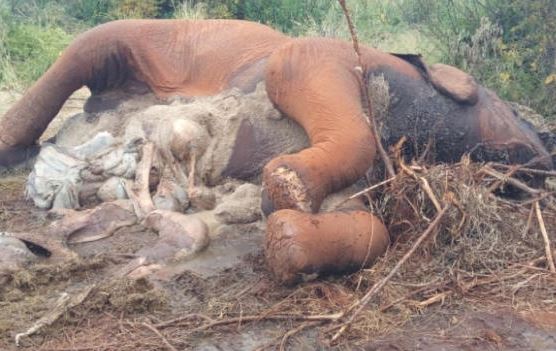×
The Standard e-Paper
Join Thousands Daily

Several jumbos found dead in Sagala village, Taita Taveta County.
Wildlife officials have launched investigations into the death of three elephants at Sagala in Tsavo conservation area near Voi township.